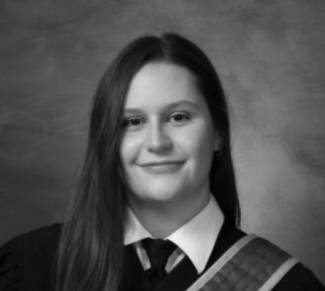NSERC Chairs for Women in Science and Engineering Present the Science for Humanity Workshop Series
Join the inclusive workshops led by world-class change makers, as part of the Network of Collaborations series.
The series will focus on:
- Building connections and collaborations
- Providing practical tools for decision-making and ethical science
- Celebrating the important contributions of science to the world and the humans who make it possible
All sessions will be held virtually on Thursdays. You can register for one or more individual sessions separately. Please see the calendar of events (registration link) for the dates and details of sessions.
Session 1: Navigating Through Ethical Pitfalls - A Fireside Chat with Timnit Gebru & Lauren Hayward
Have you ever wondered what ethical choices are made when humans make artificial intelligence? Join Dr. Timnit Gebru to hear firsthand about ethical science and the challenges that may arise.
Dr. Timnit Gebru is a prominent artificial intelligence (AI) computer scientist, a widely respected leader in AI ethics research, an advocate for diversity in technology, and the founder of the Distributed Artificial Intelligence Research Institute (DAIR). Timnit Gebru co-authored a groundbreaking paper that showed facial recognition to be less accurate at identifying people of colour and has challenged many mainstream AI practices on the grounds of ethical research.
Moderator : Dr. Lauren Hayward, Quantum scientist and Teaching Faculty, Perimeter Institute for Theoretical Physics.
Lauren Hayward is a Teaching Faculty member at Perimeter Institute for Theoretical Physics, and an Adjunct Assistant Professor in the Department of Physics and Astronomy at the University of Waterloo. Lauren works within the field of computational quantum matter physics, and her research interests involve using numerical methods to study quantum many-body systems. She also develops academic programs and teaches courses in statistical mechanics, condensed matter theory and machine learning. Lauren is the co-host of the podcast and video series "Conversations at the Perimeter", where she interviews theoretical physicists about how they unravel the mysteries of our universe.


